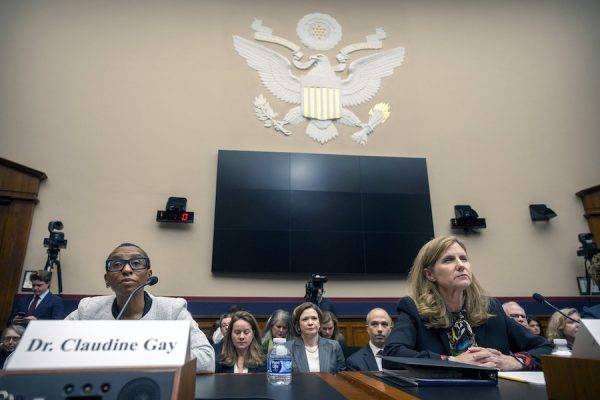At last, a unanimous Supreme Court decision in which the Justices agree with . . . me.
This spring, I wrote in Boston Review that “warrants and the tried and true practices of the criminal justice system” must guide the state’s interactions with individual information in the digital age. On Wednesday, in Riley v. California, Chief Justice Roberts told law enforcement agencies and the government in no uncertain terms to “get a warrant” if they wanted to access the nearly limitless personal information that a cellphone can hold.
In both of the cases that the court resolved under Riley v. California, police officers had conducted warrantless searches of plaintiffs’ cell phones following an arrest. These searches revealed incriminating information. The Justice Department argued that trolling the phones for information after arrest was in keeping with the precedent established for search incident to arrest, which allows police officers to immediately conduct warrantless searches to protect themselves and to ensure that evidence is not destroyed.
In a rare moment of unanimity (Justice Alito concurred with the decision but only in part with the opinion), the Court affirmed what most of us already know: cell phones are not wallets or slips of paper with a name scribbled on them. Both the type and scope of information carried in cellphones make them different from other personal effects such as wallets or a piece of paper. In overturning the California Court of Appeals’ earlier decision, Chief Justice Roberts wrote, “Modern cell phones are not just another technological convenience. With all they contain and all they may reveal, they hold for many Americans ‘the privacies of life.’”
Though early legal decisions could not have anticipated today’s technology (in establishing the rules for searches after arrest or wiretapping), the basic protection of law must remain. As I argued in Boston Review, “the Constitution and Bill of Rights can be interpreted so as to establish the rights and powers that enable citizens to be sovereign.” In other words, the state must adhere to the Bill of Rights and the Constitution to police the domains of our new digital world, such as encrypted space. Information conveyed over email or by encrypted methods—just like the information in cell phones—is not “immune from search,” but the state should require a warrant to obtain access.
Wednesday's decision is largely a matter of regulating law enforcement, so it is limited in its direct applications. But, soon, the Court likely will hear other cases concerning matters of privacy and surveillance. In those cases, the court should exhibit the same type of thinking it did Wednesday, as those cases will continue to determine the shape and contours of how the state is allowed to search through the various reams of information we generate. At least now we know that the Court understands the dissimilarity between today’s technology and yesterday’s. In his repudiation of the Justice Department’s argument that cell phones should be treated like wallets or address books, Chief Justice Roberts wrote, “that is like saying a ride on horseback is materially indistinguishable from a flight to the moon.” Well, something like that.








